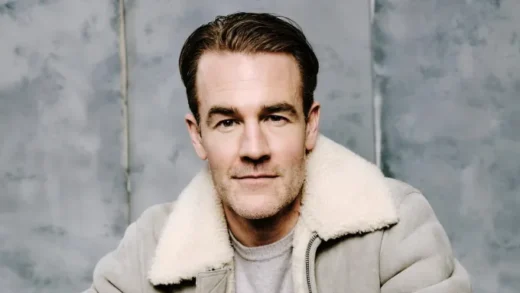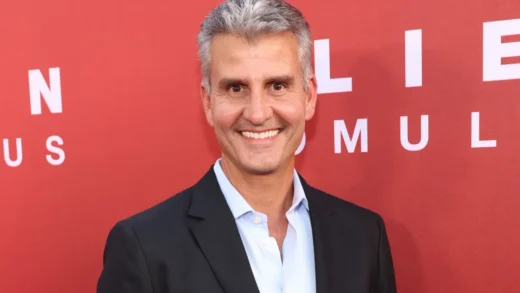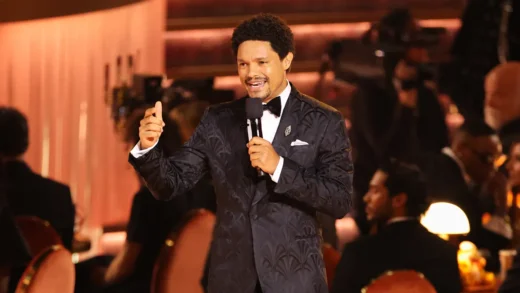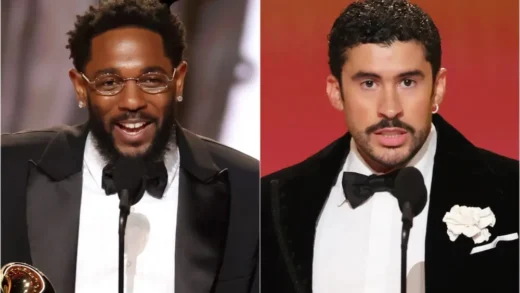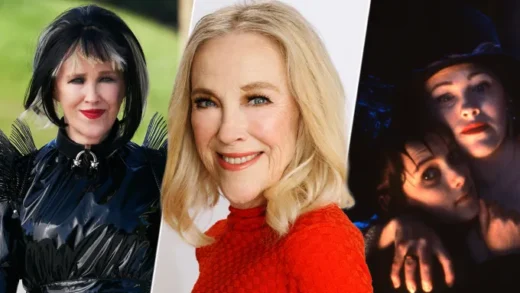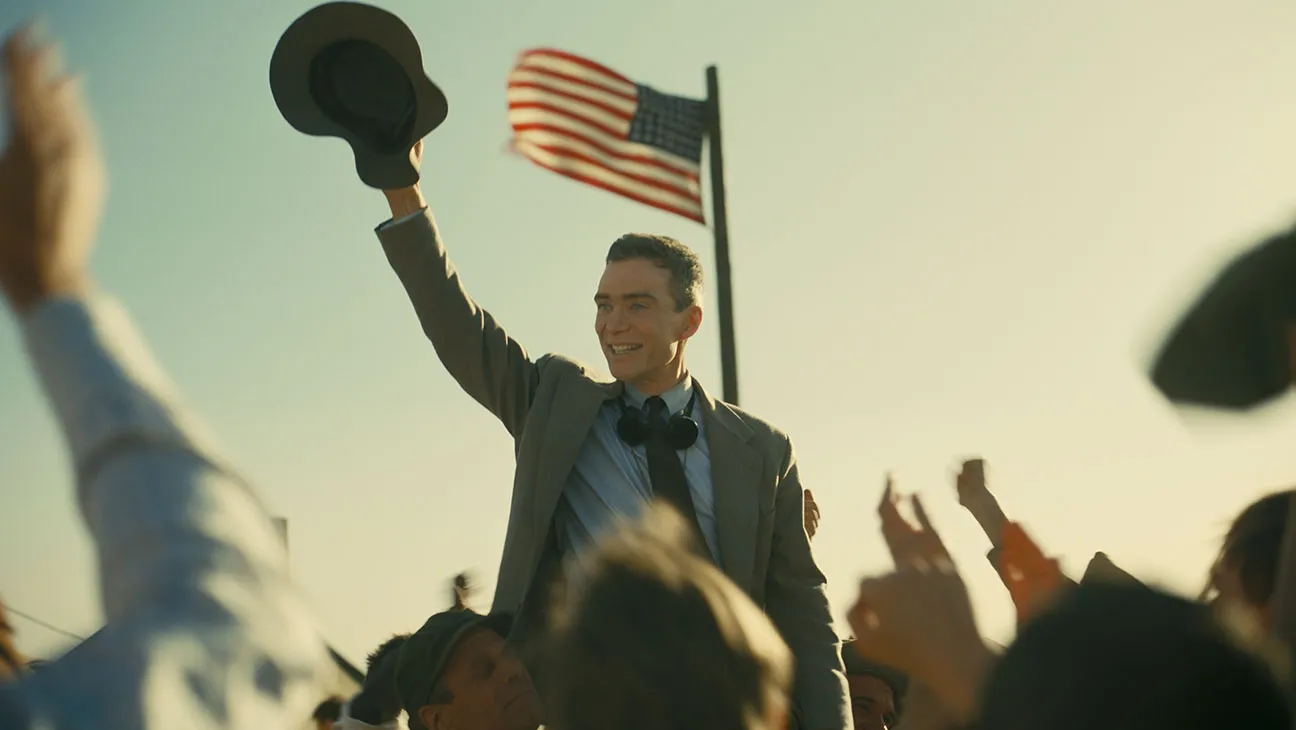“And the BAFTA goes to… Oppenheimer” Those words were on BAFTA Film Awards ceremony presenters’ lips a total of seven times in London on Sunday at the ceremony, hosted by Scottish actor David Tennant (Doctor Who, Inside Man) at the Southbank Centre’s Royal Festival Hall in the British capital.
Those included the lips of Michael J. Fox, who unveiled the best film award for Oppenheimer after coming on stage to a huge welcome and standing ovation.
The wins for Oppenheimer included the best actor award for Cillian Murphy, best supporting actor nod for Robert Downey Jr., director award for Christopher Nolan and best film, for Nolan and other members of the film team. The two BAFTAs for Nolan mean that third time was the charm for the big-name British export who had previously never won a British Academy award.
Meanwhile, Downey’s award came 31 years after he won a best actor BAFTA for the 1993 film Chaplin.
Oppenheimer had led the pack coming into the night with 13 nominations. However, the BAFTA record winner remains Butch Cassidy and the Sundance Kid, the 1969 film directed by George Roy Hill and starring Paul Newman and Robert Redford, with nine BAFTAs.
Yorgos Lanthimos’ black-comedy science fantasy Poor Things, which had been nominated 11 times, also had a strong BAFTA evening, winning five of the famous BAFTA mask trophies, including one for Emma Stone as best actress. Jonathan Glazer’s The Zone of Interest was honored three times out of nine noms.
But Martin Scorsese’s Western crime drama Killers of the Flower Moon, which had also reached nine nods, ended up winless, as did Barbie and Maestro.
German star Sandra Hüller also left without a trophy after having been nominated for The Zone of Interest in the best supporting actress category and as best leading actress for her role in Anatomy of a Fall. In the end, the best supporting actress trophy went to Da’Vine Joy Randolph for The Holdovers, while Stone was honored with the best actress BAFTA. The latter’s win in a very competitive field of nominees, which included Fantasia Barrino (The Color Purple) and Vivian Oparah (Rye Lane) means that BAFTA viewers continue to have to wait for the first-ever Black best actress winner.
(Excerpt) Read more in: The Hollywood Reporter
